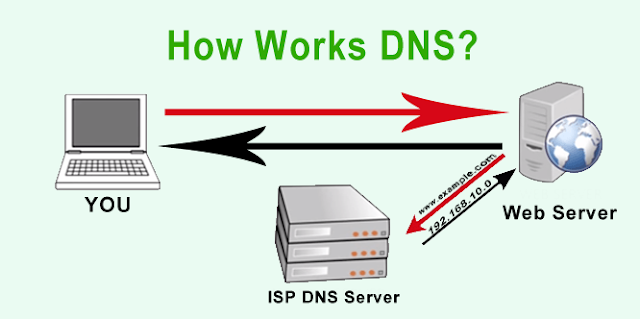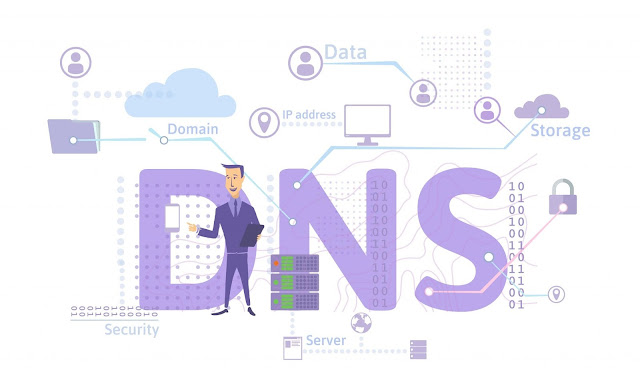How are Domains Mapped to IP Addresses DNS servers

DNS servers exist not only because we like better to use human-readable names to access websites, but computers need IP addresses to access websites. How does the DNS translate name to IP addresses? the method is named DNS resolution and plays out over eight steps. When you A domain or full web address into your browser, www.tezhost.com as an example, your browser sends a message to the network posing for help. This exchange is usually referred to as a question. Your computer contacts a machine referred to as a recursive resolver to locate the previously cached IP address, or if it’s a first-time search, the machine 'recursively' searches for it. If the recursive resolver fails to seek out the address, they query the DNS root name servers for the domain DNS hosting is just parking your website on a computer which then connects to the web. Whenever someone types your website address, the stored pages are retrieved via the web and display


